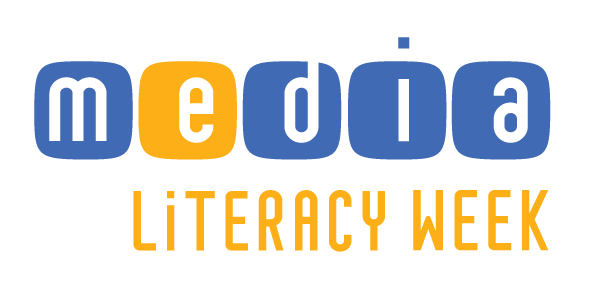Post by Johanna Sam, doctoral student in the Human Development, Learning, and Culture Program at the University of British Columbia. Johanna also has her own blog called: First Nations and Over-Urbanization.
This is the kick off to Media Literacy Week! Media literacy is being able to use, understand, and create digital media content needed to communicate with others using technology. The theme for #MedLitWeek is “Inclusion in a Connected World: A Place and a Voice for Everyone” to promote diverse voices online.
There has been a growing concern about the spread of online hate and cyberbullying. Online hate generally refers to a mindset or point of view where individuals define themselves in opposition to another group. This type of online hatred can be targeted at one or more groups. Some groups are more targeted than others online, for instance ethnic minorities, Indigenous peoples, LGBTQ+ communities, and individuals living with mental illness or addictions. Youth may also be coming across hateful content that relates to physical appearance, beauty norms, clothing, popularity, hobbies or interests, success in sports, or other peer pressures. What is constant in online hate is the perception that all members of the disliked group have negative characteristics that make them a threat and justifies any action taken against them.
Youth exposed to online hate may feel judged from posts. Teens are trying to find their way and grow their own identities, which may be threatened by a sense of difference online. Youth may now experience overt discrimination that they might not have faced before. Youth encounter hateful material online in two ways. First, there is a slight chance teens may be exposed to media created by organized hate groups or individuals who identify with them. More likely, youth are exposed to cultures of hatred, which are online communities or places where hate has become normalized.
How can caregivers help youth respond to hateful online comments?
- Encourage empathy: tweens and teens are aware of social group membership, which also helps them understand the views of others
- Social norming: tweens and teens are surrounded by trusted adults, such as caregivers and teachers, who can role model or provide examples of inclusive online posts and behavior
- Be aware and ready: everyday situations will provide moments to teach lessons about diversity that may arise from pop culture or news
How do caregivers talk to young people about online hate and discrimination?
- Think about what you want to say in advance
- Find a quiet moment and space to have a conversation
- Share your own values and opinions and get tweens / teens to talk about theirs
- Find out what your tweens / teens already know or have seen by asking them questions or to share a recent experience
- Tell the truth and history of discrimination
- Reassure tweens / teens that they may ask you questions or talk about this topic again in the future
- If you are feeling stuck or overwhelmed, you may want to consider talking to someone who could help, such as, other family members, teachers, or healthcare providers
A few resources:
- Facing Online Hate: http://mediasmarts.ca/tutorial/facing-online-hate-tutorial
- Ideas for Families: http://www.medialiteracyweek.ca/get-involved/ideas-for-the-home-2/
- Media Smarts for Parents: http://mediasmarts.ca/parents


